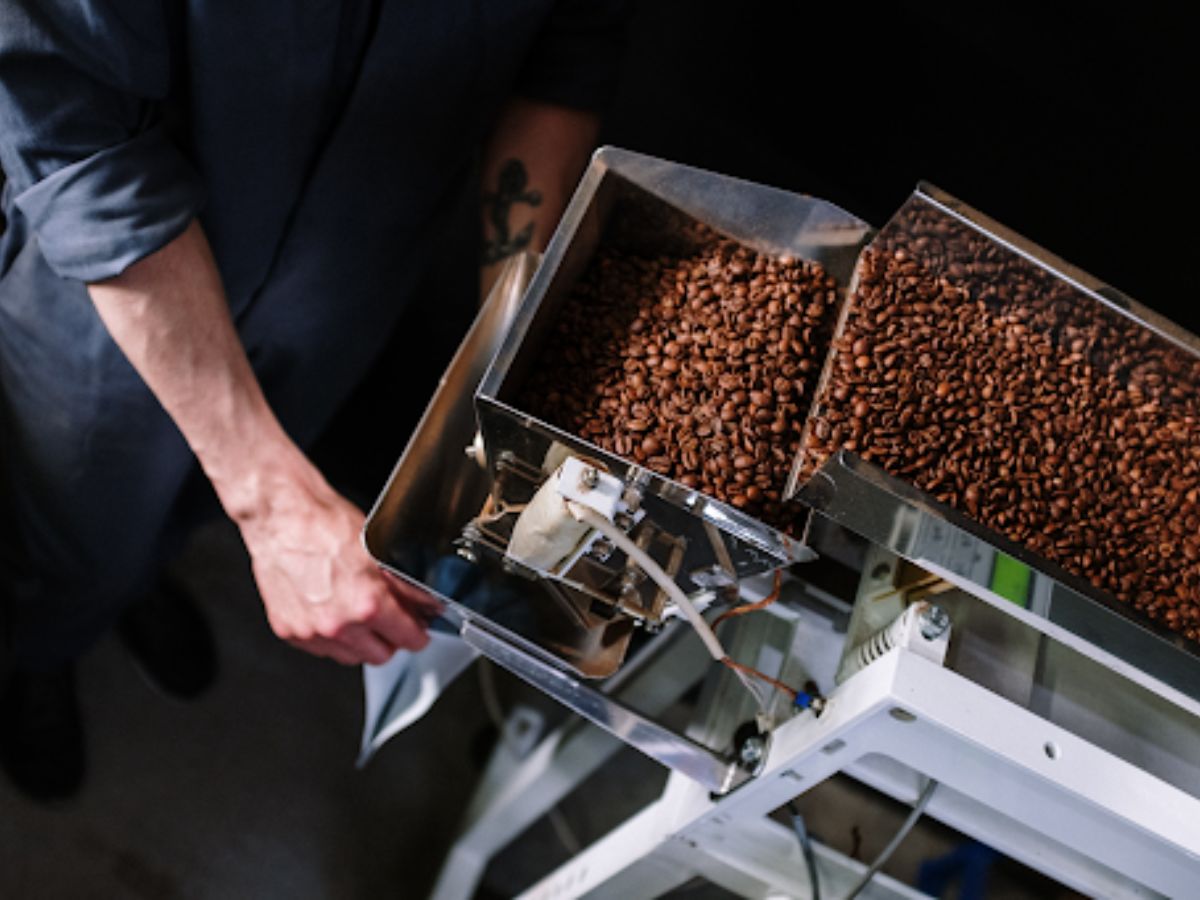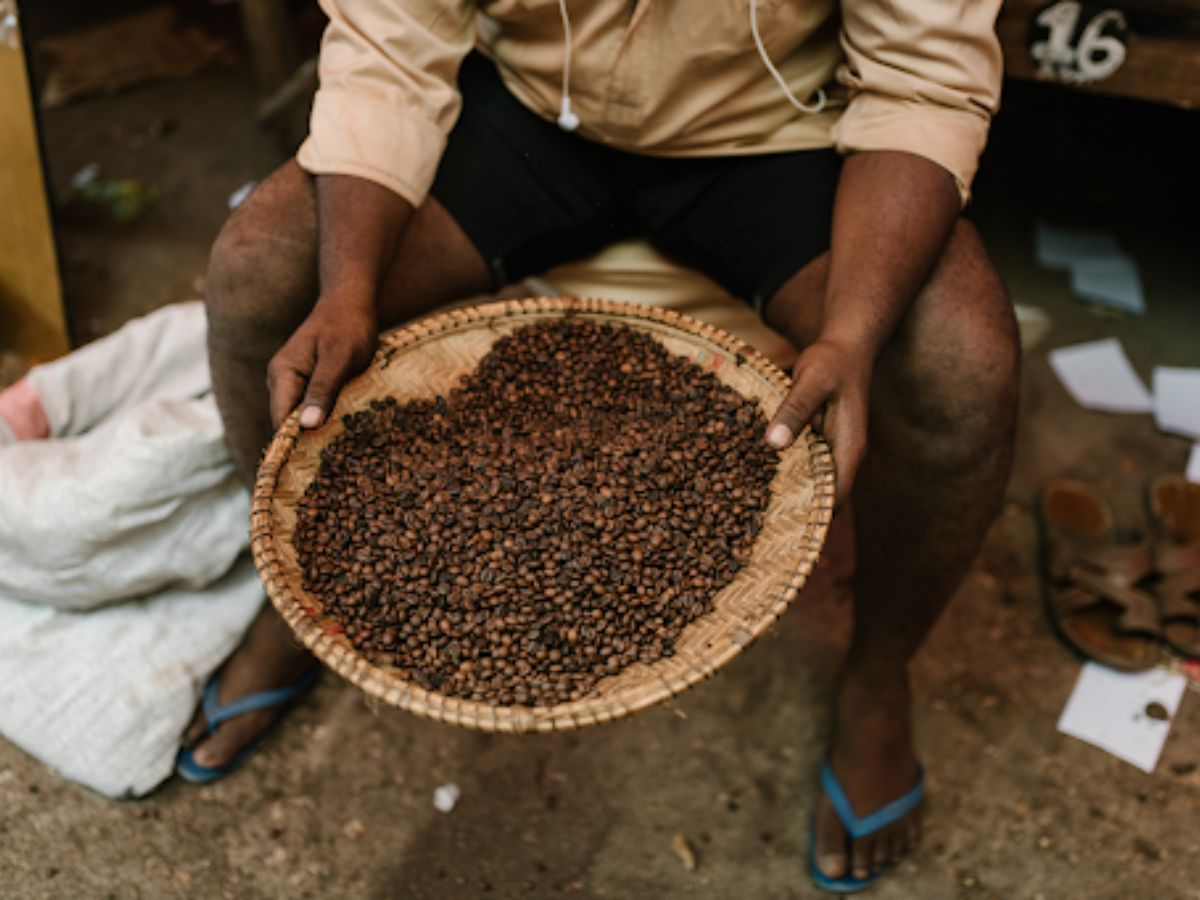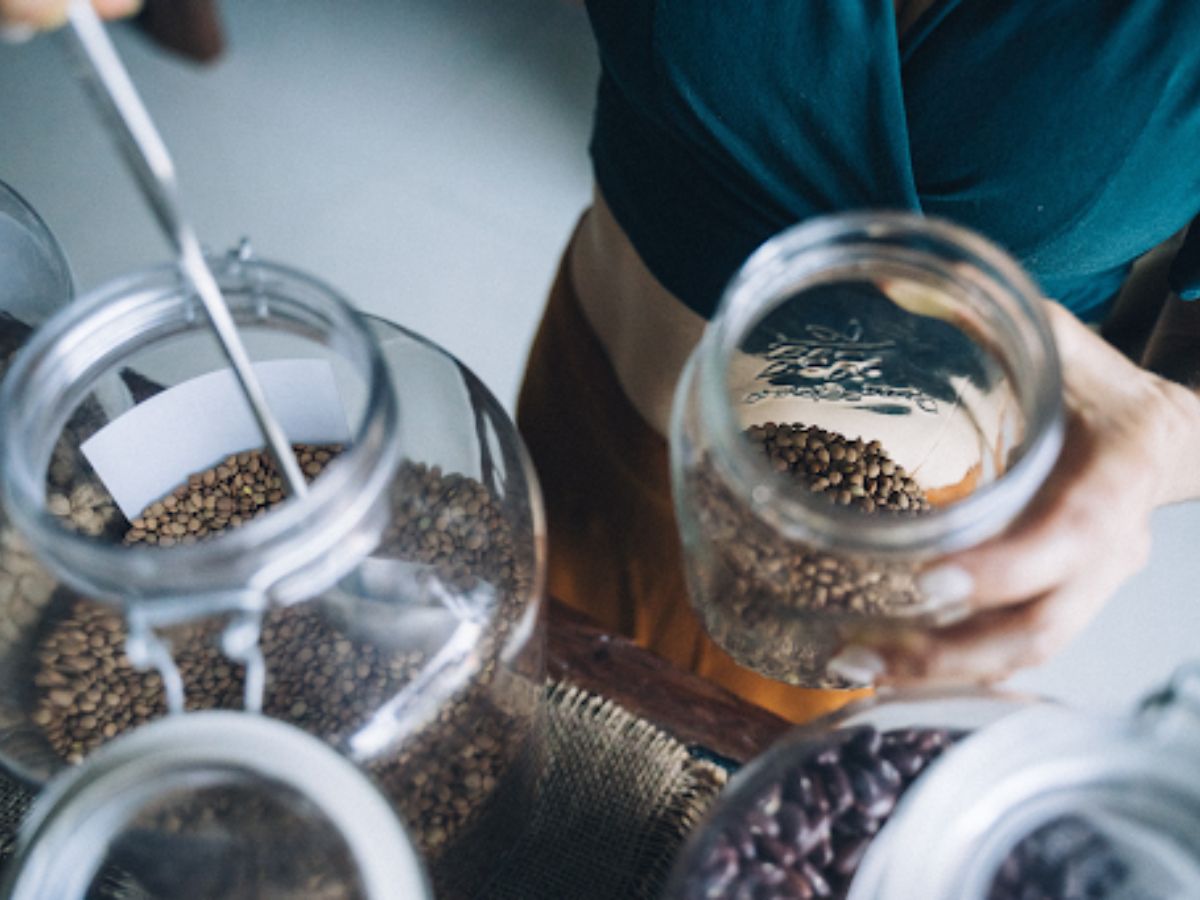Perhaps you’ve thought about taking sustainable coffee practises at the office a step further as you hear the sound of coffee beans grinding within the machine and explored the various uses for the leftover coffee. This could be a project for a zero-waste workplace, or perhaps you have a compost container at home because you are a green-thumb.
Coffee grinds can be utilised for a variety of beneficial uses and is totally biodegradable as an organic material. In today’s world, where sustainability and ethical practices are gaining more attention, the coffee industry is stepping up to meet the demands of conscious consumers. Coffee flight tastings are gaining popularity as cafe owners are now enthusiastic about how coffee is grown. You can always get your Barista Training Certificate from our training institute in Adelaide.
From sustainable coffee production to fair trade practices and eco-friendly packaging, the entire supply chain is undergoing transformation. In this blog, we will venture into the world of sustainable coffee, exploring its positive impact on the environment, coffee producers, and the future of the industry.
The Coffee Industry In Australia

The average Australian adult drinks at least one cup of coffee per day, and 28% of them drink three or more. In Australia, 6.8 million people drink beer, compared to 9.8 who regularly consume tea. Around 75% of people in Australia consume coffee daily, giving Australia its unique coffee culture.
Coffee flight tastings are becoming increasingly popular in Australia, as the average Australian consumes a lot of coffee. However, sustainable practises in a country with coffee culture is something that needs to be addressed and implemented on a large scale.
Australia’s Coffee Culture

Australian coffee culture developed from cafés owned by Greek and Italian migrants, slowly brewing from the post-war immigration boom in the 1950s and 1960s, to becoming a nationwide obsession that is now part of Australia’s cultural identity.
Australia’s coffee imports have more than doubled over the past ten years, most likely as a result of the nation’s expanding café culture and growing aversion to coffee and coffee-related beverages.
Coffee Production In Australia

In terms of coffee production, Australia is not a large coffee bean-producing country. However, Australia has one of the biggest coffee markets in the world.
- Australia exported coffee and coffee substitutes worth nearly 70 million Australian dollars in 2020, and the country consumed more than 1.9 million 60-kilogram bags of coffee every year at home
- Australia’s café and coffee shop industry is expected to employ 96,000 people in that year because Australians prefer their coffee on the go and are heavy consumers
- Australia has never had a high coffee production rate. For instance, according to the people at AgriFutures, only 1000 tonnes (just over 2 million pounds) of coffee were grown in 2012
- In that same year, Sulawesi, a neighboring island that makes up a small portion of Indonesia’s coffee-producing region, produced over 1.5 billion pounds of coffee
To help you understand sustainable coffee sourcing, let us help you understand a few fundamentals about sustainable coffee, before we move onto the problems associated with coffee sourcing and its ultimate impact on the environment.
Understanding Sustainable Coffee:
Sustainable coffee goes beyond the morning cup; it encompasses the entire journey from coffee beans to the finished product.
It prioritizes eco-friendly practices, fair treatment of farmers, and reducing the carbon footprint throughout the coffee production process.
Coffee companies committed to sustainability work directly with coffee producers, establishing long-term partnerships and ensuring farmers receive a fair share of the profits.
Fair Trade and Direct Relationships:
 One of the key aspects of sustainable coffee is fair trade. By supporting fair trade certified coffee, consumers contribute to a system that empowers coffee producers in developing countries.
One of the key aspects of sustainable coffee is fair trade. By supporting fair trade certified coffee, consumers contribute to a system that empowers coffee producers in developing countries.
Fair trade ensures that farmers receive fair compensation for their hard work, enabling them to invest in their communities and achieve better living conditions.
Direct relationships between coffee roasters and producers further enhance transparency and create positive social and economic impacts.
What Is Fair Trade Coffee
Similar to organic certification, fair trade certification on coffee packing informs you of a product’s place of origin. Although they originate from different parts of the world, fair trade certified items have a common past. Fair trade coffee farmers get paid fairly, and their communities and the environment also gain from their efforts.
Through fair prices, community development, and environmental care, fair trade certified coffee directly contributes to a better life for farming families in developing countries. Through direct, long-term contracts with foreign customers, fair trade coffee farmers sell their own harvests, learning how to run their businesses and compete on a global scale.
These farmers are able to reinvest in quality, safeguard the environment, and invest in the health and education of their family thanks to receiving a fair price for their crop.
With this empowerment model, farming people are lifted out of poverty through trade rather than aid, resulting in a more fair and sustainable form of global trade that benefits producers, consumers, businesses and the environment.
Besides, by inter-cropping different plant species to increase soil fertility and prevent erosion, fair trade farmers safeguard the environment and the habitat for wildlife.
Does Fair Trade Certified Coffee Make A Difference To Farmers?
Yes. Fair Trade Certified Coffee makes a difference to farmers. The Fair Trade movement draws attention to the fact that growing coffee is a dangerous business in which farmers frequently struggle to make a living.
A Fair Trade certification is one approach to guarantee that every farmer is paid a Fair Trade premium that is above the base commodity price, hopefully bringing them closer to earning a sustainable life as the coffee industry is now experiencing a pricing crisis.
Environmental Initiatives:
Sustainable coffee companies are actively engaged in environmental initiatives to minimize their carbon footprint.
They prioritize eco-friendly practices, such as using wind farms to power coffee roasting operations and implementing biodegradable packaging for coffee pods and capsules. These initiatives aim to reduce waste and protect the environment for future generations.
Organic and Shade Grown Coffee:
Certified organic coffee guarantees that no harmful chemicals or pesticides were used during the cultivation process.
By choosing organic coffee, consumers support sustainable farming practices that prioritize the health of both the environment and coffee farmers.
Shade grown coffee, cultivated under the canopy of trees, not only promotes biodiversity but also helps combat climate change by preserving natural habitats.
Reusability and Reducing Waste:
Disposable coffee cups contribute significantly to environmental pollution. Sustainable coffee companies encourage the use of reusable coffee cups, offering incentives to customers who bring their own.
Additionally, these companies often provide options for recycling or composting coffee, further reducing waste and promoting a circular economy.
Do Reusable Coffee Cups Help Reduce Waste?
Yes. A reusable coffee cup helps reduce waste. Paper cups use 4 billion gallons of water annually and result in the destruction of 6.5 million trees. A surprising quantity of energy is also consumed during production—enough to power 54,000 homes for a full year.
Sustainable Coffee Roasters and Small Batches:
Sustainable coffee roasters focus on quality over quantity, as roasting coffee beans in small batches to ensure freshness and flavour. By prioritizing small-scale production, they can maintain strict quality control while minimizing waste and energy consumption.
This approach also allows for greater traceability and transparency throughout the coffee supply chain.
Discussions around sustainable coffee roasters are healthy, but contributing to this sustainable coffee movement, will make a big difference to the world even on an individual level.
Here are 4 ways you can reuse coffee grounds and minimize waste in your office:
- Utilize Coffee As Fertilizer
This is the tried-and-true method for recycling coffee. Food scraps and other organic waste are transformed into rich material called compost or humus through the natural, decomposing process of composting.
Compost can assist the soil in your garden retain more nutrients and water, which benefits plant health. According to one study, compost formed from coffee grounds contains more nutrients than compost made only from garbage. - Give Your Used Coffee To The Neighborhood Community Garden
Coffee grinds are excellent for gardens since they contain many minerals necessary for soil development. Urban community gardens may be in desperate need of the rich nutrients present in wasted coffee, such as nitrogen, calcium, potassium, iron, phosphorus, magnesium, and chromium. These gardens are being built on reclaimed areas.
Establishing a basic system for collecting and dumping used coffee at the office should not be too difficult. Additionally, dropping off the used coffee could be an excellent justification for getting some exercise and fresh air, as well as an opportunity to connect with some local environment. - Reuse Coffee To Cultivate Your Own Mushrooms
Consuming mushrooms boosts your immune system and reduces the risk of tissue and cell deterioration. Used coffee, as we know, are an excellent growing medium for mushrooms, and as an added advantage, grounds from your office coffee maker have already been sterilized during the brewing process, saving you the extra step. - Utilize Coffee Grounds To Clean
Used coffee is an excellent substitute for scourers because of how easily stains can be removed from a variety of surfaces, including pots, pans, sinks, and grills, thanks to their texture.
Utilising used coffee grounds is a fantastic way to polish flatware. Used coffee works as a natural deodorizer to get rid of odours in the fridge.
Partnerships With Non-Profit Organizations:
Many sustainable coffee companies forge partnerships with non-profit organizations dedicated to environmental and social causes.
These collaborations enable them to support initiatives like the preservation of water resources, protection of wildlife habitats, and community development programs in coffee-producing regions. By purchasing coffee from such companies, consumers contribute to these worthy causes.
The Future of Sustainable Coffee:
As consumers become more conscious of their choices, the demand for sustainable coffee continues to grow. Coffee companies committed to sustainability are pioneering change within the industry, setting an example for others to follow.
Through their efforts, they are shaping a future where coffee production aligns with environmental responsibility and social equity.
Conclusion:
Sustainable coffee is not just a buzzword; it represents a commitment to a greener and fairer coffee industry. From responsible farming practices to direct relationships with farmers and environmentally friendly packaging, the entire coffee supply chain is undergoing a positive transformation.
By choosing sustainable coffee, consumers play an active role in promoting ethical practices, protecting the environment, and supporting the livelihoods of coffee producers worldwide. Together, we can enjoy a delicious cup of coffee while making a meaningful difference in the world.


